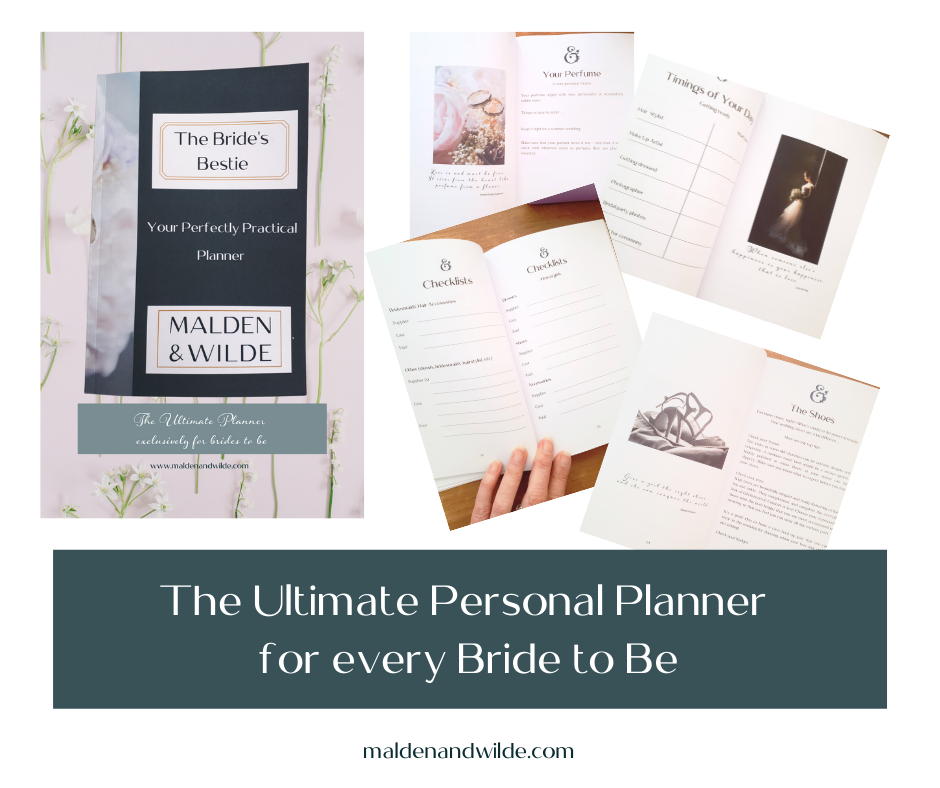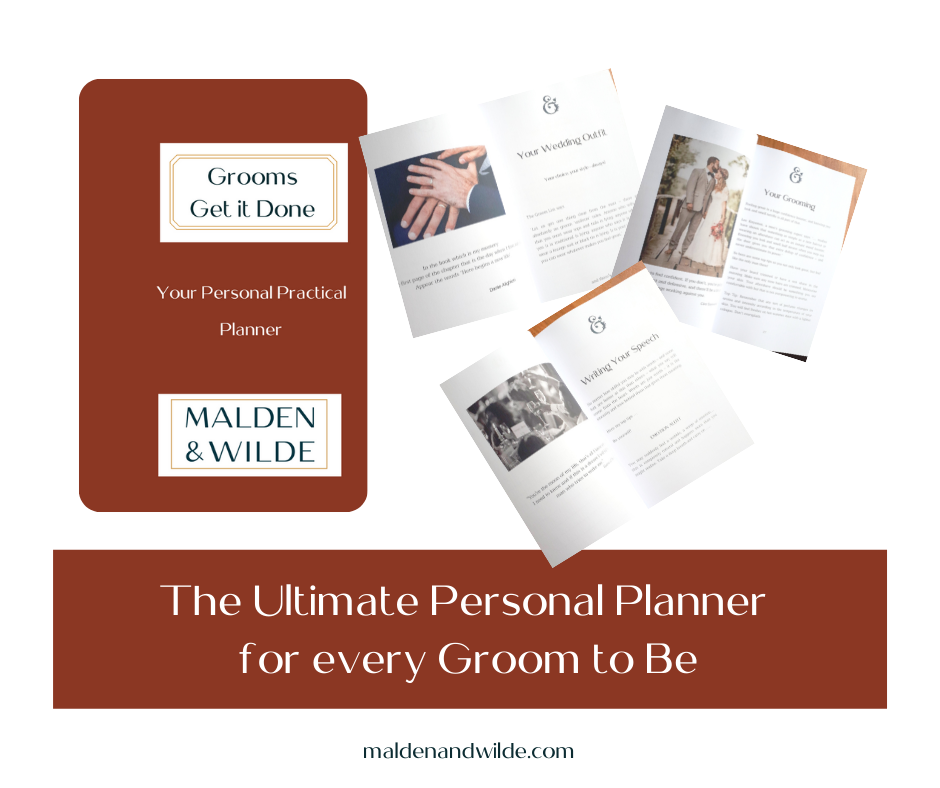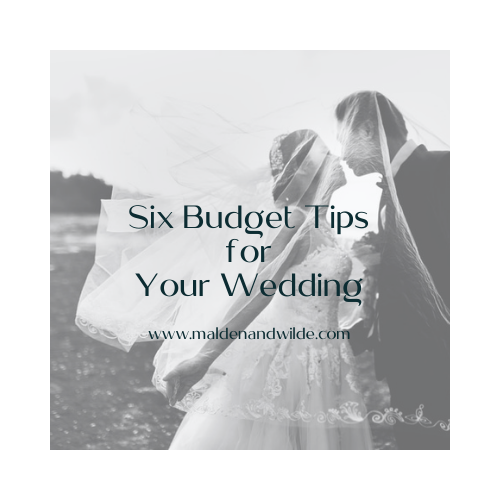Wedding costs are rising! Here are my six budget tips for YOUR wedding.
Did you know…….
Statistics show that these are the average spending allocations for the main areas of a wedding
- Venue and Catering: 40 percent
- Photography and Videography: 15 percent
- Wedding Attire and Beauty: 5 percent
- Music/Entertainment: 10 percent
- Flowers: 10 percent
- Décor: 10 percent of your budget
- Favours and Gifts: 2 percent
- Transportation: 3 percent of your budget
- Stationery, including invitations, orders of service, menus, place cards: 3 percent of your budget. Average spend for invitations is around £300. Variable according to style and number.
- Cake: 2 percent of your budget
You will also need to factor in fees, like charges for the Marriage Registration, Notice of Intent to marry, reservation of your church or temple, Registrar, minister or celebrant’s fees.
Here are some examples:
Registrar fees £46 (at Registry Office) £86 at another venue
Celebrant fees start at around £650.
Getting married in Anglican (Church of England) church
Compulsory fees (set by law) £512 in your own parish church; £560 away from your local parish. These cover the vicar, banns, lighting, admin etc. Possible extras: Organist, choir, bell ringers, Verger to make sure the church is clean and ready, additional heating, church flowers
Other faiths will have different charging levels.
Other incidental costs
- Insurance
- Postage for invitations and RSVP cards
- Meals and refreshments for suppliers like photographer and entertainers
- Corkage charged by the venue if you wish to bring your own wine and champagne
- Overnight accommodation if not included in your venue’s package
- Breakfast the day after at your venue – check if it’s included
- Wedding dress or outfit cleaning plus special storage box
- Hair and beauty trials – are they included in your stylists’ deals?
- Dress alterations
My Six Budget Tips are …..
#1: Expect to exceed your initial budget figure! Have an absolute maximum spend and a preferred maximum to give you some flexibility. Be aware that with all the shiny cute things that are available, those little extras that add your own special touch, plus unexpected costs, your initial budget figure might get stretched or exceeded. Having an absolute upper limit can help you keep on track.
#2: Make your life as easy as possible!
Having a money tracker is a great way of making sure that you’re not over spending.
Using an Excel spreadsheet or Google Docs is an easy way to record details like suppliers’ details, deposits, instalments, loan repayments and so on. Prefer pen and paper? A ledger may be old school but works well as an on-the-spot record of outgoings
#3: Some sites offer a wedding budget planning app. Find the best one for you, check their charges and sign up if it all works to make your life easier.
#4: Open a separate bank account for your wedding saving and spending.
#5: Once you have agreed contracts and charges with your suppliers, set up standing orders for regular payments.
#6: Use your favourite calendar app, diary, scheduler to record when the last payment is due and cancel the standing order on time.

Have you got yours? This lovely planner is unique for brides – everything that YOU need for your perfect day, including lots of space to reflect on great moments, awkward bits, what made you cross or made your heart sing! Plus a money tracker, and tips on taking care of YOU.
Click HERE




Recent Comments